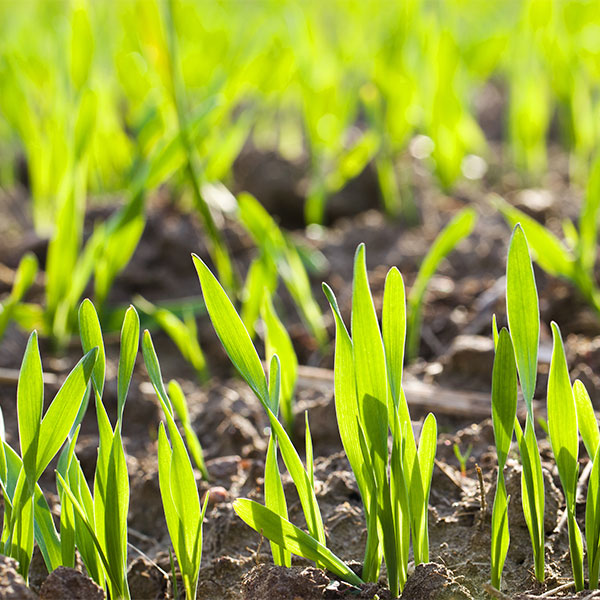Hydroponics has emerged as a revolutionary method of growing plants without soil. By providing essential nutrients directly
to plant roots in a controlled environment, hydroponics offers numerous advantages in terms of plant growth and nutrition. In this blog post, we will explore the concept of plant nutrition in hydroponics and delve into the strategies for maximizing growth in soilless systems. Let’s dive in!
-
Understanding Hydroponics and Its Benefits:
Before we delve into the realm of plant nutrition in hydroponics, it’s crucial to understand the basics of this
innovative cultivation method. Hydroponics involves growing plants in a nutrient-rich water solution instead of traditional
soil. This technique provides precise control over nutrient delivery, pH levels, and environmental factors, resulting in
accelerated growth rates, increased yields, and efficient resource utilization.
-
The Role of Nutrients in Hydroponics:
In a hydroponic system, plants rely solely on the nutrients provided in the water solution. Therefore, it becomes essential to understand the primary nutrients required for optimal plant growth. These nutrients include macronutrients such as nitrogen (N), phosphorus (P), potassium (K), as well as secondary nutrients like calcium (Ca), magnesium (Mg), and sulfur (S). Additionally, plants also require essential micronutrients like iron (Fe), manganese (Mn), zinc (Zn), and others for proper physiological functions.
-
Balancing Nutrient Solutions:
Maintaining a well-balanced nutrient solution is crucial for promoting healthy plant growth in hydroponics. Monitoring and adjusting the nutrient solution’s composition is essential to meet the specific requirements of different plant species at different growth stages. Conducting regular water and nutrient solution tests enables growers to ensure optimal nutrient levels, preventing deficiencies or toxicities that may hinder plant development.
-
pH Management:
Another critical factor in hydroponic plant nutrition is managing the pH of the nutrient solution. pH affects nutrient availability and absorption by plant roots. Most plants prefer a slightly acidic to neutral pH range. Regular pH monitoring and adjustments using pH buffers or acid/base solutions are necessary to maintain an optimal pH level, ensuring the efficient uptake of nutrients by plants.
-
Nutrient Delivery Systems:
Hydroponic systems employ various nutrient delivery methods, including deep water culture (DWC), nutrient film technique (NFT), and drip irrigation, among others. Each system has unique characteristics and nutrient delivery mechanisms. Understanding the specific requirements of different plants and selecting the appropriate nutrient delivery system are vital for maximizing growth and optimizing plant nutrition in hydroponics.
-
Supplementing Nutrients:
While hydroponics provides an efficient nutrient delivery system, it’s essential to supplement the nutrient solution periodically to ensure optimal plant nutrition. Depending on the growth stage and plant species, additional nutrient additives may be required. These can include organic or synthetic supplements like seaweed extracts, fish emulsion, or specialized hydroponic nutrient blends designed to enhance plant growth and yield.
-
Monitoring and Troubleshooting:
Regular monitoring of plant health and nutrient levels is crucial in hydroponics. Visual cues, such as leaf discoloration or stunted growth, may indicate nutrient deficiencies or imbalances. Timely action, such as adjusting nutrient concentrations or altering the nutrient solution’s composition, can help rectify these issues. Maintaining a vigilant eye and addressing problems promptly will ensure healthy and thriving plants in your hydroponic system.
-
Sustainable Nutrient Management:
Sustainable practices play a vital role in hydroponics to minimize environmental impact and optimize resource utilization. Implementing techniques like recirculating nutrient solutions, adopting efficient irrigation practices, and using organic nutrient sources can contribute to a more sustainable and eco-friendly hydroponic operation.
Conclusion:
In conclusion, plant nutrition in hydroponics is a fascinating field that offers tremendous potential for maximizing plant growth and yield in soilless systems. By understanding the specific nutrient requirements of plants, maintaining a balanced nutrient solution, managing pH levels, and utilizing appropriate nutrient delivery systems, growers can create an ideal environment for plants to thrive. Regular monitoring, troubleshooting, and supplementing nutrients when necessary are crucial steps in ensuring optimal plant nutrition in hydroponics. Read more:- www.nutritionalgrowth.com



